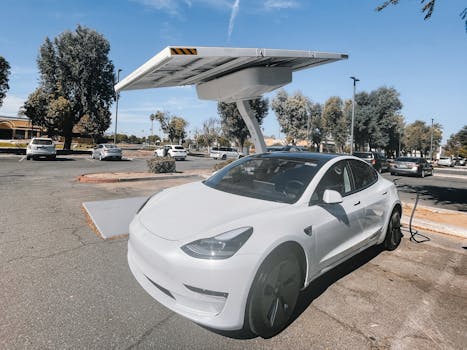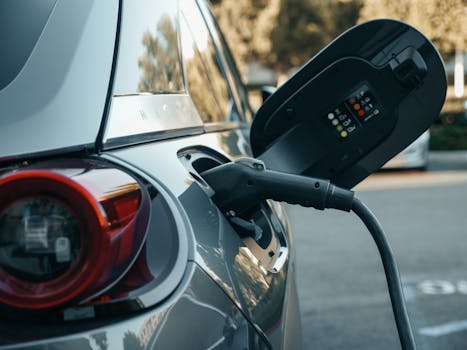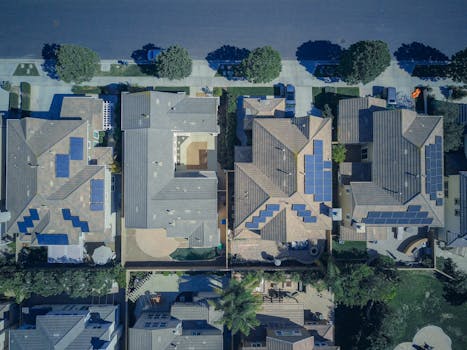
Smart Cities: Urban Trends for 2025
Smart Cities are revolutionizing the way we live, work, and interact with our surroundings. As we approach 2025, it’s essential to explore the latest urban trends that are shaping the future of our cities. From smart infrastructure to sustainable living, we’ll delve into the most significant developments that will impact urban planning, technology, and the environment.
Introduction to Smart Cities

A Smart City is an urban area that uses information and communication technology (ICT) to enhance the quality of life for its citizens. This concept involves integrating various systems, such as energy, transportation, and public services, to create a more efficient, sustainable, and livable environment. The focus keyword Smart Cities is at the forefront of urban development, as cities strive to become more intelligent, responsive, and adaptive to the needs of their inhabitants.
Urban Trends for 2025

As we look ahead to 2025, several urban trends will dominate the landscape of Smart Cities. These include:
- Smart Infrastructure: The integration of ICT into physical infrastructure, such as roads, buildings, and public spaces, to create a more efficient and sustainable urban environment.
- Sustainable Energy: The increased use of renewable energy sources, such as solar and wind power, to reduce carbon emissions and promote energy efficiency.
- Electric Vehicles: The adoption of electric vehicles as a primary mode of transportation, reducing air pollution and greenhouse gas emissions.
- Smart Transportation Systems: The implementation of intelligent transportation systems, such as traffic management and public transit, to reduce congestion and improve mobility.
- Green Spaces: The creation of urban parks and green areas to mitigate the urban heat island effect, improve air quality, and enhance biodiversity.
Technological Advancements

Technological advancements will play a crucial role in shaping the future of Smart Cities. Some of the key technologies that will drive urban innovation include:
- Internet of Things (IoT): The network of physical devices, vehicles, and other items embedded with sensors, software, and connectivity, allowing for real-time data collection and analysis.
- Artificial Intelligence (AI): The use of AI algorithms to analyze data, make predictions, and optimize urban systems, such as energy management and traffic control.
- 5G Networks: The deployment of high-speed, low-latency 5G networks to enable seamless communication and data transfer between devices and systems.
- Blockchain: The use of blockchain technology to secure data, enable transparent transactions, and promote trust in urban systems.
Conclusion

In conclusion, Smart Cities are at the forefront of urban development, and the trends outlined above will shape the future of our cities. As we approach 2025, it’s essential to prioritize sustainability, technological innovation, and citizen engagement to create more efficient, livable, and environmentally friendly urban environments. By embracing these trends and technologies, we can create a better future for generations to come.



